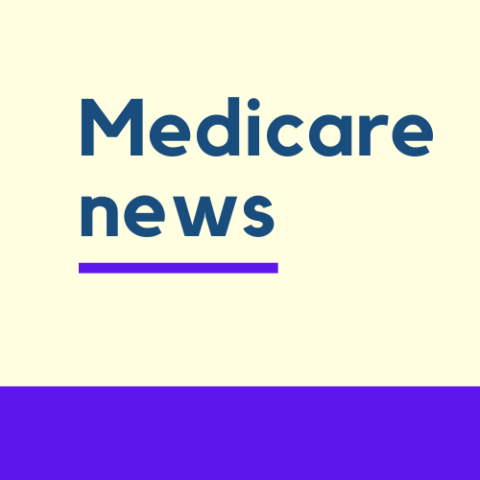Medicaid for Children and Adults
Eligibility for Medicaid and Dr. Dynasaur are based on Federal Poverty Level (FPL) guidelines.
- The monthly income limit for adults ages 19 through 64, who are not blind or disabled, is 138% FPL. (Get more information on Medicaid coverage benefits.)
- The monthly income limit for children under age 19 is 317% FPL. (Get more information on Dr. Dynasaur coverage benefits.) There is a monthly premium for some households based on your income. For families up to 195% FPL, there is no premium. There are no prescription co-payments.
- The monthly income limit for Vermonters who are pregnant is 213% FPL. Dr. Dynasaur for pregnant women provides the same coverage as Medicaid, plus full dental coverage. There are no premium or prescription co-pays with this type of Dr. Dynasaur.
Federal Poverty Guidelines for 2025
Monthly Income
| Persons in Family | 138% | 213% | 250% | 317% |
|---|---|---|---|---|
| 1 | $1,799.75 | $2,777.88 | $3,260.42 | $4,134.21 |
| 2 | $2,432.25 | $3,754.13 | $4,406.25 | $5,587.13 |
| 3 | $3,064.75 | $4,730.38 | $5,552.08 | $7,040.04 |
| 4 | $3,697.25 | $5,706.63 | $6,697.92 | $8,492.96 |
| 5 | $4,329.75 | $6,682.88 | $7,843.75 | $9,945.88 |
| 6 | $4,962.25 | $7,659.13 | $8,989.58 | $11,398.79 |
| 7 | $5,594.75 | $8,635.38 | $10,135.42 | $12,851.71 |
| 8 | $6,227.25 | $9,611.63 | $11,281.25 | $14,304.63 |
Medicaid for the Aged, Blind and Disabled (MABD)
Eligibility for Medicaid for the Aged, Blind and Disabled (MABD) is based on both income and resources.
-
In 2025, the monthly income limit for adults who are blind or disabled, or over the age of 65, is $1,333 if you live outside of Chittenden County. It is $1,441 if you live inside Chittenden County.
-
There is a resource test for adults who are blind or disabled, or over the age of 65. For more information, please see our Resource Limits – Medicaid page.
The State counts “earned” and “unearned” income differently. For example, a paycheck from your current employer is considered “earned.” The state has a formula for how much of your earned income it will count. It does not count every dollar of your earned income — it counts about half of what you earn in your paycheck as countable income.
Social Security benefits, Veterans benefits, and pensions are considered “unearned.” Most of that money will be counted as countable income. If you have questions about how your income will be counted, please contact the Office of the Health Care Advocate: 1-800-917-7787.
Even if your income is above the guidelines, you may be able to qualify for Medicaid by "spending down" your extra income on medical expenses for you, your spouse, or children. Some examples include: health insurance premiums, deductibles, co-payments and uncovered medical items or services, over-the-counter drugs and past outstanding medical bills.
Medicaid for the Working Disabled (MWD)
Eligibility for Medicaid for the Working Disabled (MWD) is based on Federal Poverty Level (FPL) guidelines. Medicaid for the Working Disabled has higher income and resource eligibility guidelines than MABD.
- The monthly income limit for individuals who are blind or disabled, and who work at least a few hours each month, is 250% FPL. See the table above on this page. Look at the 250% column.
- There is a resource test for Medicaid for the Working Disabled. The limit is $10,000 for one person and $15,000 for a couple. See our Resource Limits – Medicaid page.
Long-Term Care Medicaid (Choices for Care)
Visit the Choices for Care section of this website for more information.
Are you getting a lump-sum payment or inheritance? Call us to find out how it will impact your Medicaid.
A “lump sum” is a one-time or irregular payment. It could be an award or settlement from a lawsuit, money from selling your home or vehicle, an insurance payout, an award of retroactive benefits from Social Security or SSI, or an inheritance. Lump sums often count as monthly income limit in the month they are received. For example, if you receive a lump sum in November, the lump sum and your regular monthly income will be counted in November. If you go over the income limit, your Medicaid benefits may stop until you prove you are under the income limit again.
You may be able to prevent this with some planning. Contact us for advice about preparing to receive a lump sum, or if you have a notice that says your Medicaid is being stopped because you are over the income limit. Contact us at the Office of the Health Care Advocate (HCA) for help and advice. Fill out this form or call 1-800-917-7787. Our help is free.
In most cases, you must report the lump sum to Medicaid with 10 days of receiving it.
After the month you receive the lump sum, in most cases any remaining value of the lump sum counts as a “resource.” There is a resource limit for adults who are blind or disabled, or over the age of 65. For more information, see our Resource Limits – Medicaid page.

